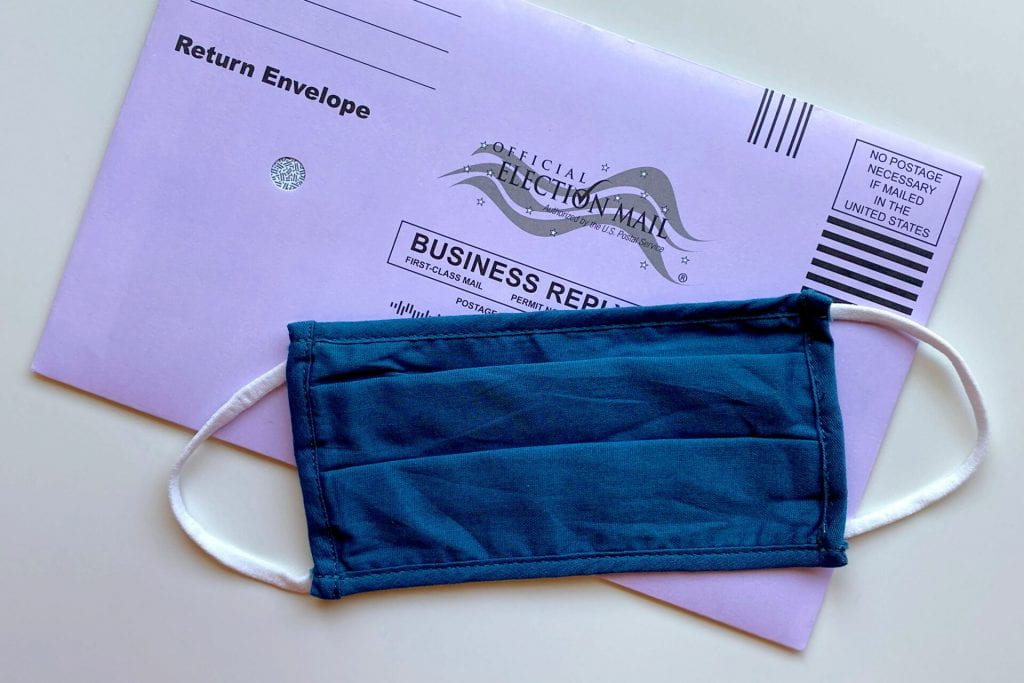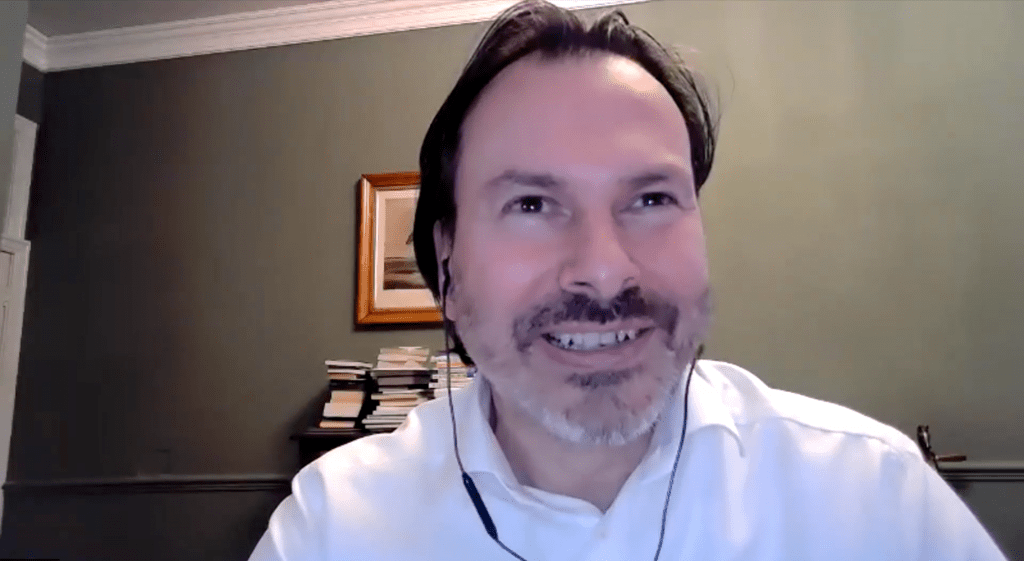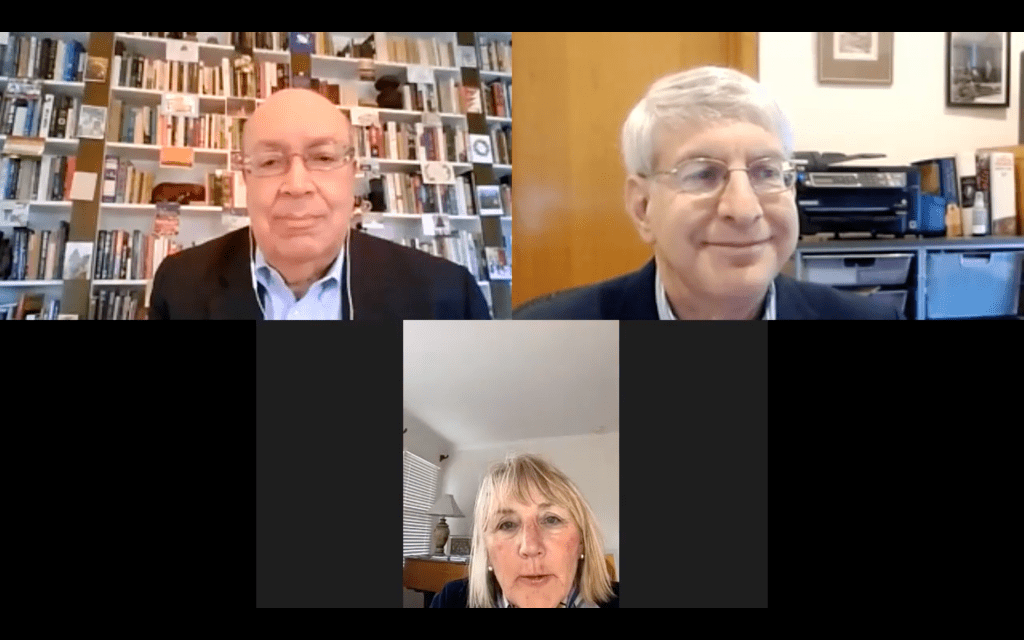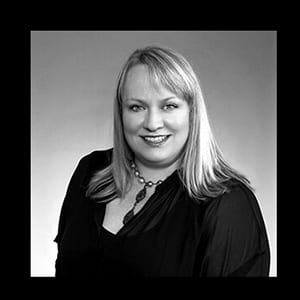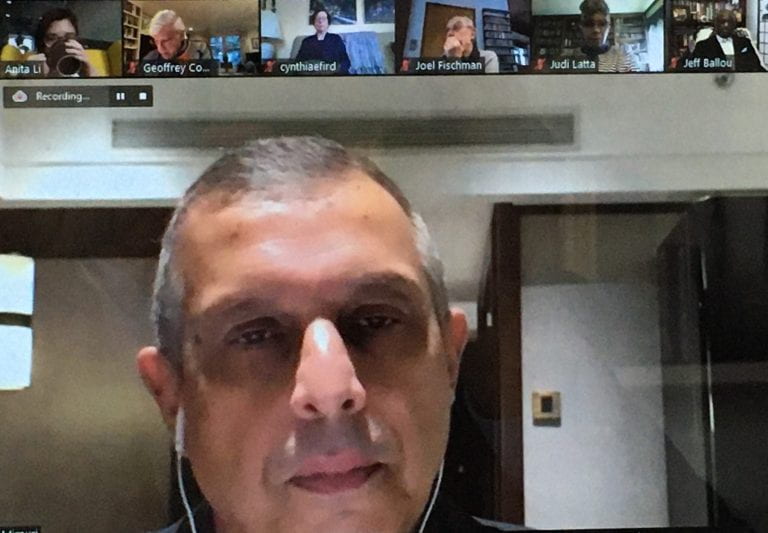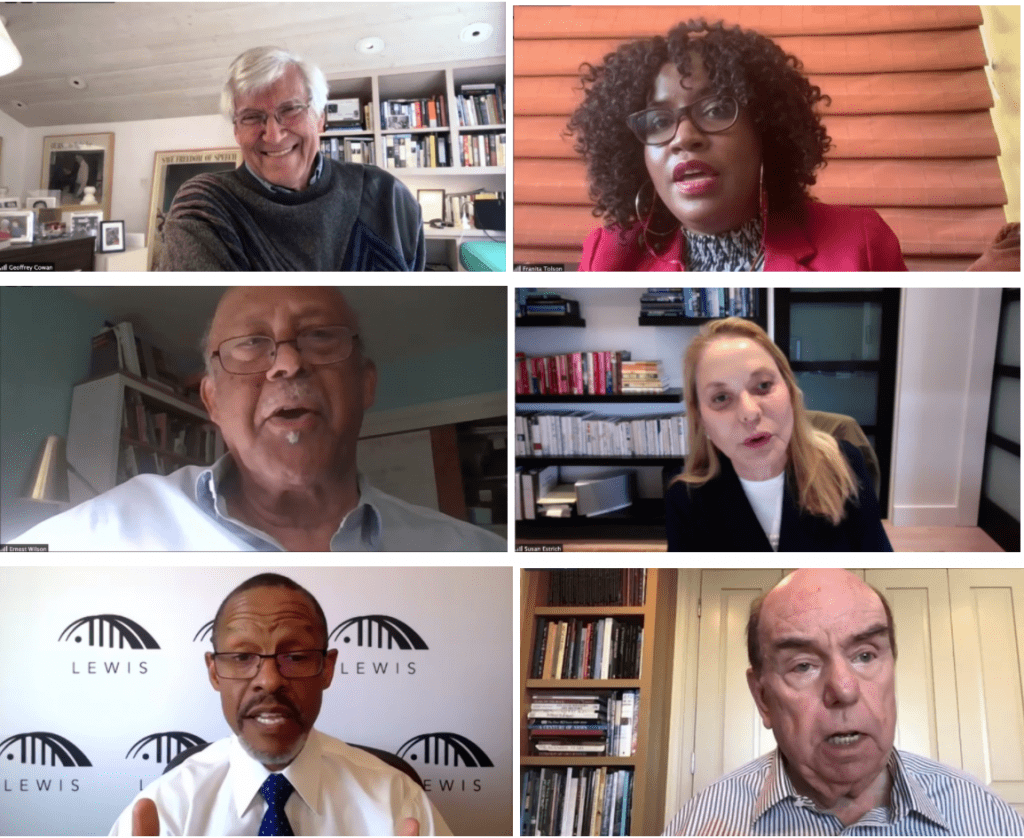On March 3, CCLP-supported research regarding COVID-19 misinformation and the 2020 U.S. presidential election was published in the Harvard Kennedy School Misinformation Review. Led by USC Annenberg Professor Emilio Ferrara, the study investigated different COVID-19 misinformation narratives occurring in the context of the 2020 U.S. Democratic primaries, using a subset of over 67 million tweets…
COVID-19 misinformation and the 2020 U.S. presidential election
